Dark Theology: Mischief and Punishment
Theodicy explaining how dimensions of evil's existence are associated with alien facts, arising dark duties that are much more difficult than the degeneracy embodied in things like Helluva Boss
When non-believers speak about their picture of eschatology, a very curious fact is how often they believe the devil is responsible for punishing the Damned. There's no real source for this idea. People point towards Paradise Lost with the line “better to reign in Hell than serve in heaven”. But there's no real reason why this should be interpreted as Satan being a supreme punisher. It could instead be interpreted as him being so defiant towards God and his role as an angel that he would prefer being punished for eternity while having been a ruler of the rest of the Damned to his personal offense to service in heaven. (And Hell could punish for that consolatory ambition, such that it does not actually lessen his torment)
There's also no real reason for this line to stick in the imagination of non-believers so strongly. Just as in the interjection within a famous review for Uncle Tom's Cabin, the line itself has spiritual power which points towards the spiritual dimensions of life. Such lines are a basis for dark theology: if an artifact in the world like a line in literary writing is so affecting for people that it seriously affects their spiritual life, then there must be a theological reason for this power. This reason may be completely unknown, but the phenomenon presents the basis for theological, spiritual study. Essentially becoming theological science, the very same science atheists pretended like could never exist.

Now in the world there are two main forms of darkness. There is the darkness associated with Satan, and there is the darkness associated with cool and fun things like Terminator 2, monster trucks, scorpions, and being a former elite soldier. Logically there must be some kind of spiritual authority managing the non-satanic darkness. In theology, evil is identified as a privation of the good, it does not have a positive existence, it naturally emerges from things that do have a positive existence. And so, this presents the important role of managing evil, darkness and other such things like mischief. Indeed, a whole body of angelic beings could be dedicated to such management, and they would desire a fitting leader.
Also directly inspired by Ren and Stimpy, The Lion King communicated meaningful notions about evil such as that Scar enlists hyenas and a stampede, but he himself cannot stand up to his soldiers in the ending, showing that he's not a fitting leader. “An Injustice deliciously squared” displays that his character relates to turning wrongdoing into immaterial food.
God would not be the fitting leader. Why should the persons of goodness adopt the role of managing evil? As well, since He is infinitely good, he will not be appropriate to directly manage beings that manage evil as it is likely their management is directly reflected in their nature and anatomical functions whatever they may be.
But God's infinite goodness is reflected in his creation. Things like the beauty of a sunrise or the Lord of the Rings is essentially unlimited. And so the leader of managing evil has to be similarly impressive like by having infinite significance of some kind.
It is likely that this leader would not directly relate to evil. After all, evil is a privation, and this leader and his beings would have to sustain their goodness, not be entirely focused on evil. But, he and those related to him in the heavens could do things like invent or otherwise spawn beings that more directly relate to evil, including important heavenly figures.
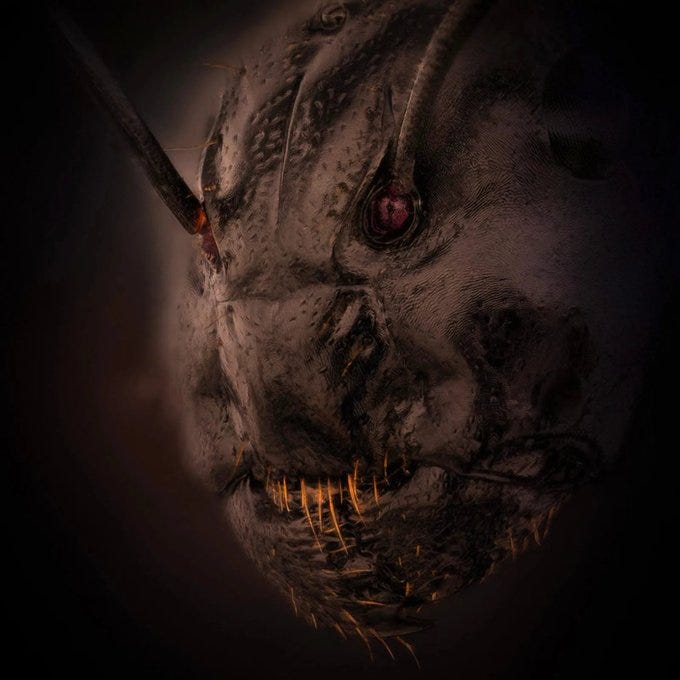
This leader would be selected for qualifications in fun. As after all evil can scare God's people, and as the first spiritual being to be identified to them as being responsible for evil, he should have a certain friendliness. Evil does bring fun into the world like creating broken terrain to explore or cool monsters to fight, which would be more enjoyable in real life if not for original sin. And this leader would be selected without regard for sin - but sin would mean it is likely he would not be officially introduced for some time, theology focusing on learning the good against the hurdles sin causes, rather than extraneous matters to that.
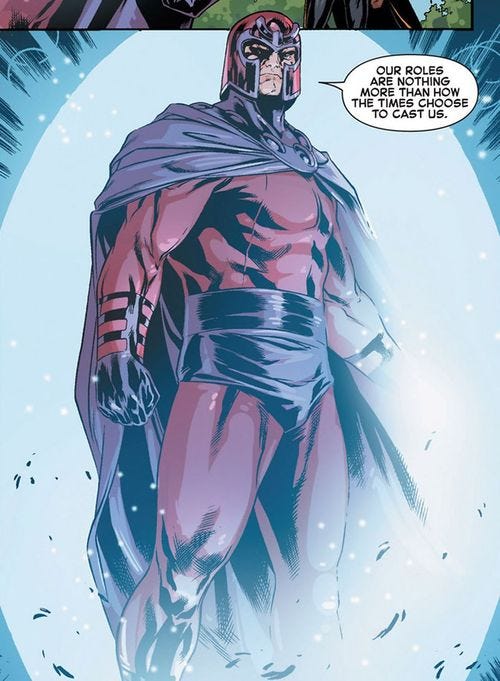
And so a good candidate for this leader would be associated with something like Mischief. Mischief provokes fun and comedy, like when you are almost caught by danger. And through his intelligent control of danger, the fun increases as well as other experiences like seeing the parts of life that should be improved. Mischief, representing a transcendent entity, could be good at bringing in evil-managing beings he did not form as his “angels”, indeed like beings who are transformed by evil and disaster.

He could begin this process with jokes and other examples of mischief, like transforming surroundings through his power over creation and his soldiers. Mischief becomes a tool for compassion, learning to see the bright side of life in devastation, thereby forming an eternal guide for understanding evil in God's design.

It also gives a purpose for his role and the role of those under him in creation besides evil: entertainment. Evil becomes interconnected with the process of enjoying life through the mechanism of a heavenly Person. Indeed, this can cause entertainment to become a training process for fighting and otherwise dealing with evil itself. The secret gradually developing that entertainment personas have a noble destiny in a world of secrets created and directed by a variety of usually dark beings.

And so I chose to fight evil while trying to develop artistic projects, both things happening simultaneously. This arose Mischief from the setting of ancient Africa. People freaked out, couldn't handle having their wrong deeds exposed, sought to tear me down. Then the Mischief happened: massive racial conflict happened for a decade. They cared more about their childish feelings about someone using artwork to illustrate the embarrassing parts of themselves than figuring out the actual significance of his methods, and they found out the hard way.

And there is the fact that Mischief directly leads into the domain of punishment. Mischief at the start can be considered a playful, minor punishment like correcting errors in learning a skill. Then, when someone is set on the wrong path, Mischief can unfurl into dramatic curls of the meaning of someone's path and actions. An intelligent being has been watching everything you have done, and he considers it his art to illustrate your wrongness just right.
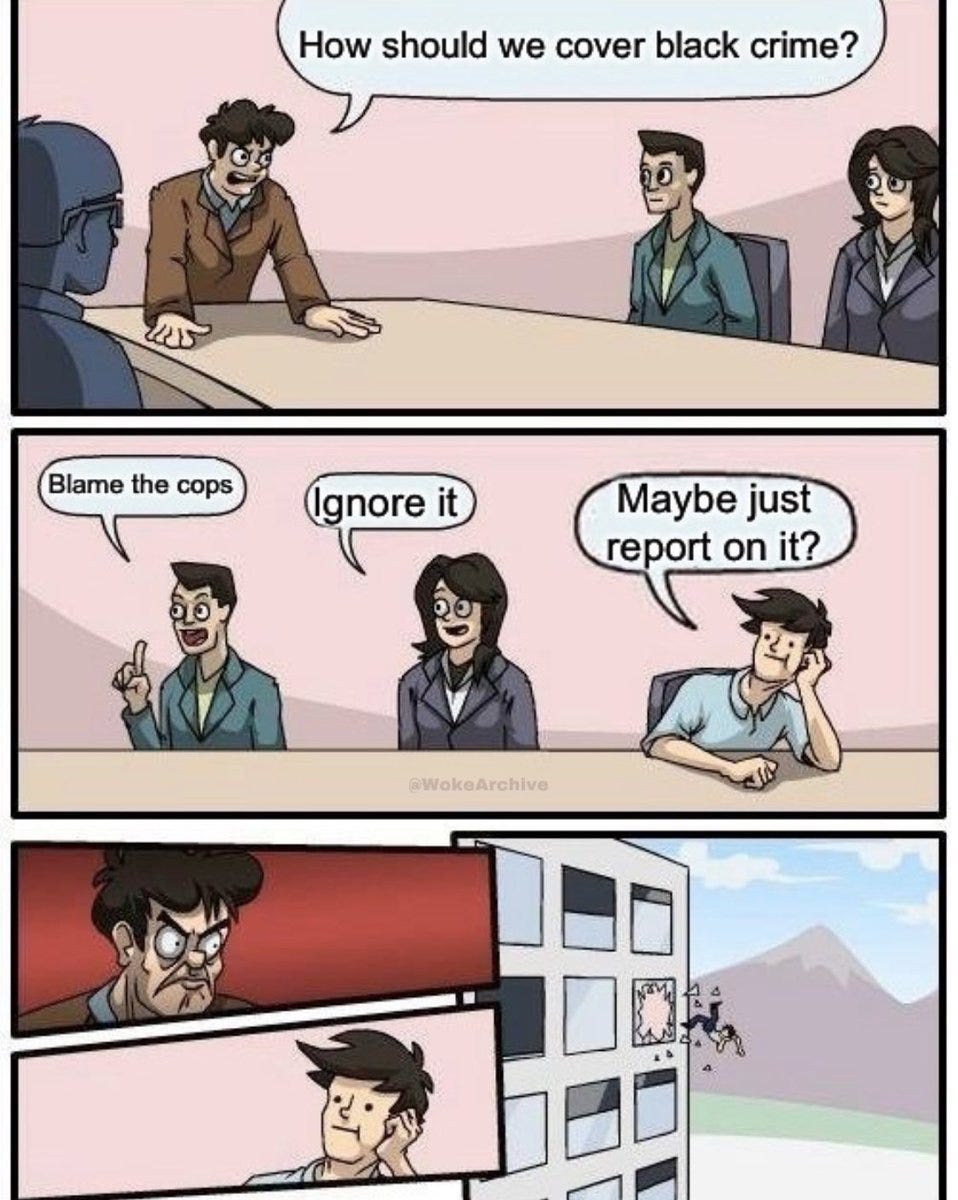
The Underworld

Mischief is the Master of the Underworld, the center of all this activity. It is populated by mischievous and dark beings, but they have a bit of a problem - they were supposed to develop alongside the evil of the Earth which passes through the spiritual terrain of this place. As part of the sabotage of God's creation Satan did, sin decoupled the Underworld from the development of evil, seeking to make evil uncontrollable. This fails, but that prehistoric legacy remains in many facets.
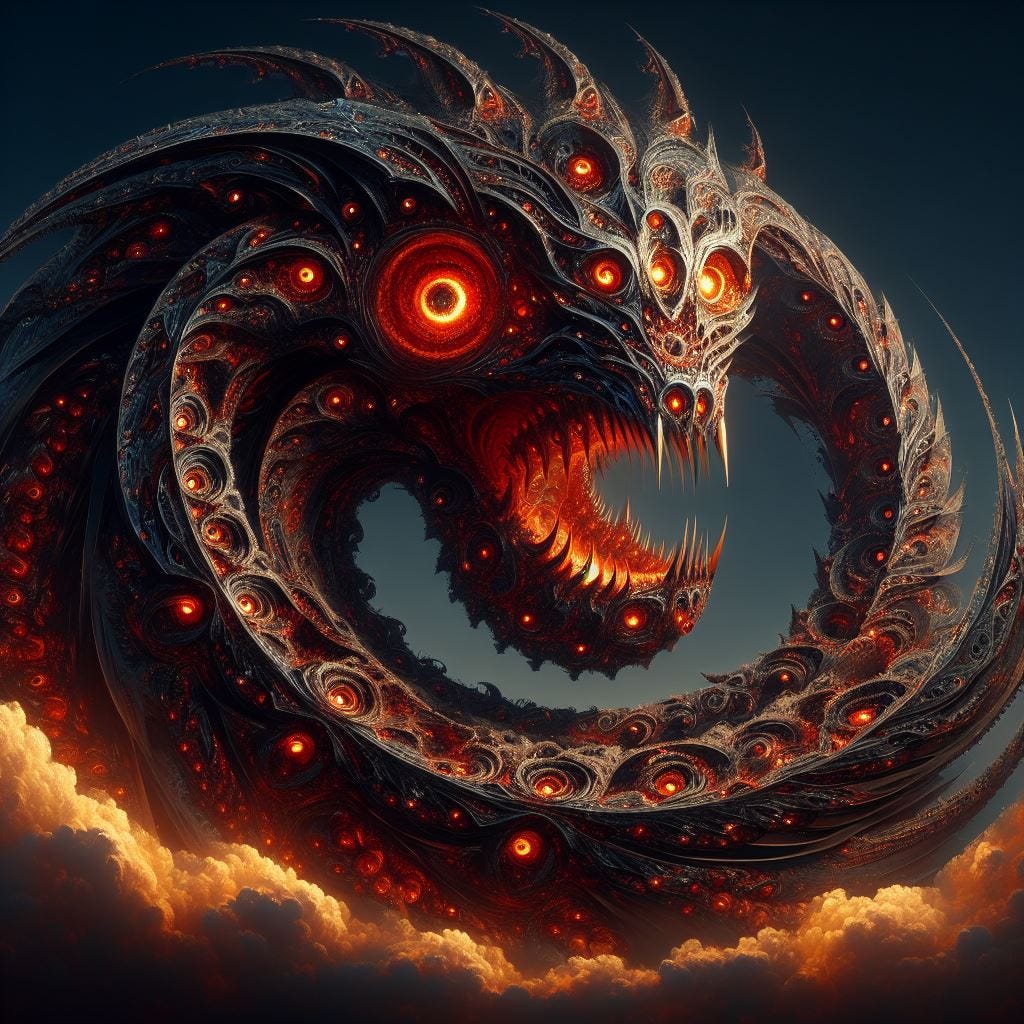
And so it is a difficult process to get the things of Mischief to be properly aligned with evil as it currently exists. As a teenager, I sought to do this work anyway - which was interpreted by most people involved as me making a ruckus and ruining things. They became gradually aware of how wrong that initial perception was - as you can see in the cosmic horror elements of most every comics and cartoons work from the past 13 years.

Who is this person of mischief and punishment? You can also call him the Devil. The devil we have known took his role by rebelling against God, and so they can share the same name. Eventually, the various names used for him will no longer be associated whatsoever with one of those prisoners of hell with the most torturous fates.
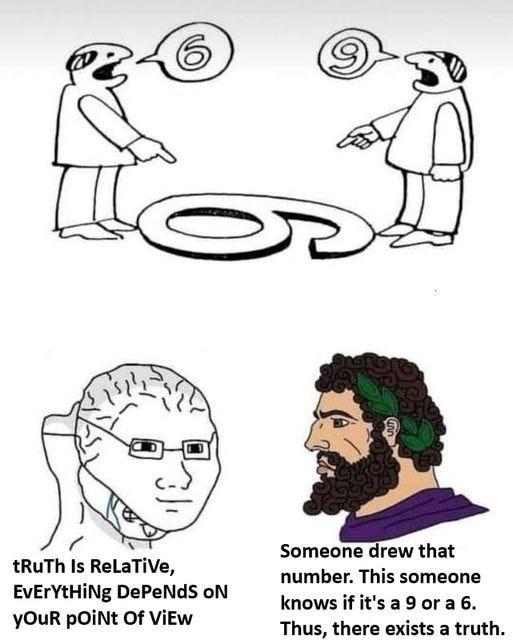
Shout out to that mod of /co/ who banned me for talking about Christianity yesterday. Without that “accomplishment,” posting this article today wouldn’t be so sweet.




